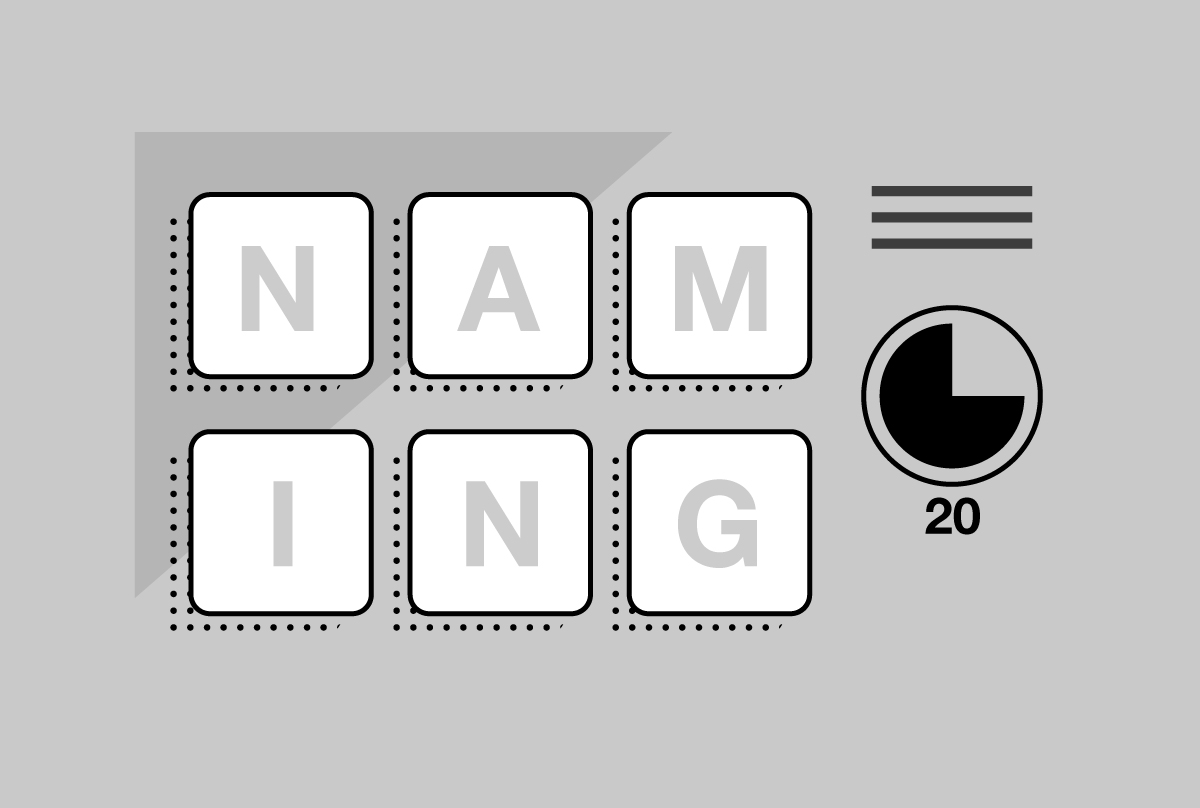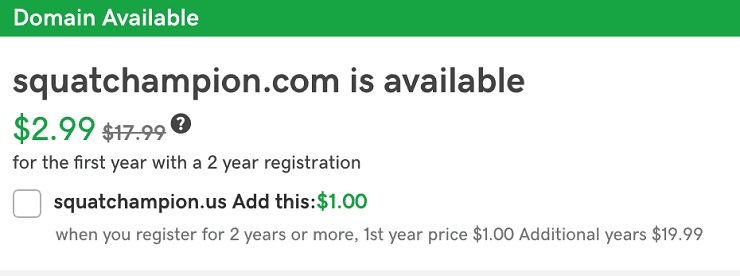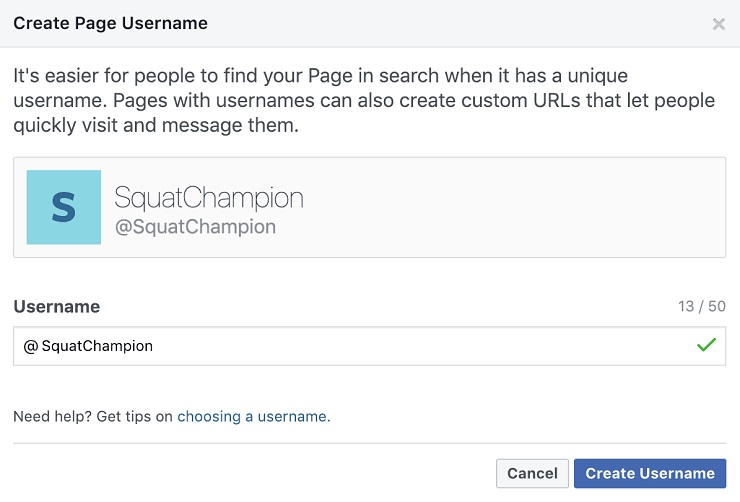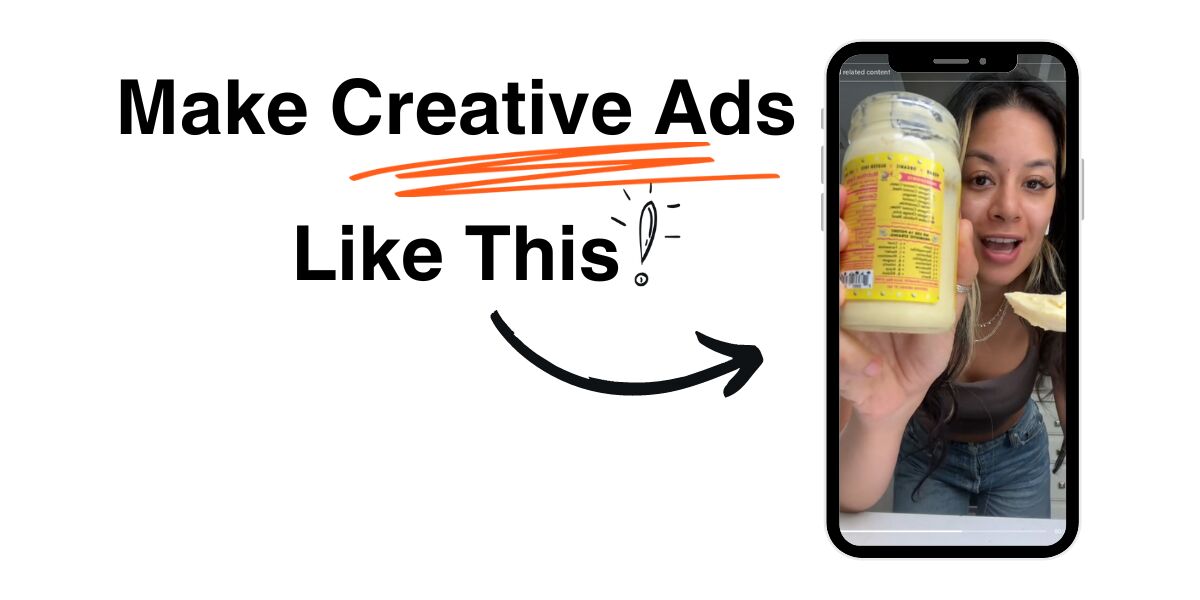“What’s the name of your business?”
We would bet that this is one of the first questions people ask you after they find out you have a business.
Shakespeare did say that a “rose by any other name would smell as sweet”, but unfortunately for you and your business, your new business name is everything. The answer you give can make or break the impression you want to give the world. No pressure.
Imagine introducing your new luxury sunglasses range and calling it something like “Breaks-A-Lot Shades”. Doesn’t inspire much luxury, does it?
The issue for many is that picking a great business name is actually pretty difficult and daunting. We hear time and time again from other entrepreneurs that the biggest hurdle they faced was deciding on a business name.
That’s why we have decided to break down the process for brand-naming into a simple, easy-peasy, step-by-step guide so that you can get back to launching your own business and stop trying to decide on a name.
Let’s do this!
Positioning is Everything
The name you decide to call your business plays a crucial role in your brand’s position on the market. The name you choose helps you to shape where and how your brand will be positioned.
Instead of having to explain your business to people, a good brand name can communicate your company values, vibes, and purpose in the micro-seconds it takes for a prospect to decide on whether they want to pay money or not.
Take a look at the delicious ice-cream brand, Häagen-Dazs.
Sorry if that made you hungry!
The name Häagen-Dazs was not derived from the name of the original ice-cream maker, it’s not a foreign word, it’s not even a real word at all.
The brand was started by husband and wife Reuben and Rose Mattus in New York City in 1959. The name Häagen-Daz was invented because they thought it sounded exotic, and that it conveyed an “aura of the old-world traditions and craftsmanship,” and would help their brand to stand out from the crowd.
It worked, and Häagen-Daz is one of the few global brands that has never undergone any sort of rebranding.
READ MORE: 100 of the Best Side Hustle Ideas and Jobs
Your business name doesn’t have to be overly complicated or even descriptive. Instead, it needs to suggest what industry or needs it targets.
Think about some of these well-known brand names:
- BestBuy
- Paypal
- Shopify
- PepsiCo
When you hear the word PayPal, you can easily guess that they have something to do with assisting with payment transactions; and that Shopify has something to do with shopping. The list goes on, and on.
Original Company Names
“Make sure your company’s name is original!”
There’s no better way to induce anxiety that by hearing that phrase. People seem to believe that having a unique brand name will somehow resonate better with your audience than anything else.
We understand the logic behind it, of course being unique helps you to stand out from the crowd, but it doesn’t really work that way when it comes to naming your business.
Your company name doesn’t have to be some wonderfully unique brand name to position it in front of the right people, people aren’t going to drop their favorite brand in favor of your brand just because your name is original.
They’re going to want to purchase your product or pay for your service if your brand name is true to who you are as a business. Don’t overcomplicate it.
READ MORE: 5 Low-Cost Startup Business Ideas You Can Implement with Less Than $100
A Name is What you Make of It
When it comes to naming your business, at the end of the day your company name is what you make of it.
I think this is an important lesson that I personally learned in the early Foundr days when it wasn’t named “Foundr”. Back then, Foundr was called something different that I can’t write here for legal reasons but let’s call it “Business X”.
Long story short, we had named the business Business X, and we were sued for trademark infringement. Back to the drawing board.
When I sought out advice from my mentors and other smart founders, I was told the same thing: a name is what you make of it. You can dance around the name of your business forever, but at the end of the day if the name vaguely in the ballpark of what your business does then all is well.
While Business X was the name that I thought would define my business forever, the name Foundr came along and blew that out of the water.
What I’m trying to say is that your business name will never be 100% perfect, but if it works for your business (and won’t get you sued) then you’re all good.
READ MORE: 4 Online Business Ideas to Consider During a Pandemic
How to Brainstorm Company Name Ideas
When it comes to narrowing down the name for your business, you need to brainstorm these three things:
- What is your company’s value proposition?
- What are you offering? (products, services)
- Who is your intended audience?
Use these three verticals to throw down as many words as possible. Adjectives, nouns, verbs, made-up words, thoughts, sentences, vibes; anything you like at all.
That’s the beauty of a brainstorming session. There’s never a wrong answer. Now you have your chunky brainstorming list, it’s time to begin to narrow things down.
Because we love simplified examples at Foundr, we are going to do one right now.
READ MORE: 28 Successful Founders Share Their Advice on How To Start a Startup
Value Proposition
We want to launch a brand that sells outfits for competitive weight-lifters.
This is the part where we establish what our brand will offer.
To start, let’s think about our value proposition. Our outfits aim to reduce friction and help to improve someone’s weightlifting form. We want to create a product that’s high-quality and aesthetically pleasing.
Let’s brainstorm some words:
- Power
- Powerful
- Speed
- Technique
- Quality
- Pro
- Olympic
- Excel
- Heavy
Let’s think about our offer. In this example it’s simple: we sell weightlifting suits. Some words we may throw down include:
- Weightlifting
- Suits
- Weight
- Lifting
- Squat
- Deadlift
- Press
- Gym
And now, our audience.
We serve weightlifters; people who aren’t afraid of pushing the boundaries of the human body, people who are dedicated to a lifestyle that values precision. They are fearless and disciplined enough not to tuck into a tub of ice-cream every night (unless it’s some sort of specialized protein ice-cream).
Some word ideas that come up could be:
- Weightlifter
- Athlete
- Lifter
- Barbell
- Champion
- Fearless
- Dedicated
Now we need to consider the position we want to take in our prospect’s mind.
Let’s say our brand is focused on making weightlifters break their personal bests every time they hit the gym. Some potential business name ideas could be:
- Squat Champion
- Barbell Champion
- Deadlift Champion
- Heavy Squat
- Pro-Lifter
- Excel Weightlifter
- Pro Squat Suits
While we still don’t have a defined name for our brand, we have some good options above.
Finding the right business name isn’t a process to be taken lightly or quickly. This exercise will help to get you closer to the final name that best represents your brand.
Some ideas may be amazing, others may just flop, but the overall goal is to get the ball rolling. Don’t get hung up on the brand name just yet!
READ MORE: 4 Online Business Ideas for Absolute Beginners
Which is the Right Business Name for Me?
After you’ve created the list of options, it’s time to decide if your business name is right for you. Just like when you try on shoes in a store, let’s see if they fit.
Take the list of names you came up with before and ask yourself:
- How does the name explain your value proposition?
- How does it refer to your offers?
- How does it connect with your audience?
- How does it position your company in the prospect’s mind?
- How clear is it?
- How concise is it?
Let’s try with my three attempts:
1. Squat Champion
- Value proposition: Given the previous value proposition I mentioned before, it gives a good idea of what the company does.
- Offers: It doesn’t explain the products sold.
- Audience: It indirectly refers to the weightlifters by mentioning the main lifting exercise powerlifters use.
- Clarity and conciseness: It’s short and precise.
- Position: It projects a positive idea of doing squats (and other powerlifting exercises) like a champion, which the audience will like.
2. Excel Weightlifter
- Value proposition: It refers positively to the audience, but it doesn’t relate too much with the company’s main purpose.
- Offers: It doesn’t explain the products sold.
- Audience: It explicitly mentions the audience.
- Clarity and conciseness: It’s a bit long, and it doesn’t clarify what “excel” really means.
- Position: The lack of clarity and low-value proposition relevancy doesn’t help to position the company well enough.
3. Pro Squat Suits
- Value proposition: It projects an idea of quality powerlifting suits, so it’s decent.
- Offers: It explicitly mentions the products you sell, which is good.
- Audience: It doesn’t directly mention the audience, but it mentions the squat, the main powerlifting exercise, so it’s not that bad.
- Clarity and conciseness: It’s a bit too long, but it’s concise and relatively clear.
- Position: It refers to the quality of the products sold, so it’s good.
With this simple exercise, we can already start seeing which names are the most powerful and which ones aren’t that good.
In this case, the first and third names are good, while the second one seems to lag behind the other two.
Personally, I like the third one the most because it has a positive vibe towards the audience, the products, and the value proposition.
Weighing your options this way will help you weed out the bad names from the good ones.
READ MORE: The 3 Best Low-Cost Businesses to Start with $1,000 or Less (Even $0!)
How to Register Your Business Name
This is one of the biggest queries we see floating around our community: how do I register my awesome business name?
Registering your business’ name comes down to these four aspects:
- Your domain
- Your social media accounts
- Your LLC (or whatever business structure you choose)
- Your trademark
In the case of your domain, head to GoDaddy, and check for your business name. The three business names I analyzed before are available, so that’s a great start.
Make sure to pick a .com. While other top-level domains (TLDs) like .co and .net can work, .com’s are the most common in people’s minds.
If you can’t find the exact domain for your business, you can add a prefix or a suffix. Prefixes and suffixes won’t change much of your positioning and will help you keep the .com in place.
Then, you have to register your business name for your main social media accounts: Facebook, Twitter, and LinkedIn. On Facebook, for example, I was able to find the account for Squat Champion.
If you can’t find the exact names, then once again, add a prefix or suffix like the ones shown before.
Regarding your business name registration, make sure to look for the name first in your local jurisdiction. For example, if you were to pick the name SquatChampion in Wyoming, a state the Tax Foundation named the #1 state to start a business, you’d first need to go to their state business register to check it out.
Once again, the Wyoming Business Entity search database shows me the business name doesn’t exist in the state, which means I could set up my corporation with that name.
From the three aspects mentioned here, the actual business name doesn’t matter as much as the name you show to the public. For example, people call it Disney, but in reality, the business name is The Walt Disney Company.
Does that mean that The Walt Disney Company will punish you for calling it Disney and not in the former way? Not at all. What matters is that they’re referred to as the much catchier “Disney.”
Finally, trademarking your name isn’t that important when you’re getting started and have no customers. This is the kind of problem to worry about once you’re growing fast and have lots of competitors in your space.
Legally speaking, you can only trademark your business when it’s a unique name and not merely a description. For example, you couldn’t register “squatting suits” as a business name because it’s too broad and descriptive. “ProSquatSuits,” on the other hand, it’s unique and thus can be registered as a trademark.
After you’ve finished with these four steps, you’re done, you have finished coming up and registering your business name!
READ MORE: How to Start a Business for $127 (or less!)
Pick a Great Business Name, Get a Great Start
Choosing a business name is one of the key exercises all entrepreneurs must go through to cross the bridge from wanting to become an entrepreneur and actually becoming one.
It’s tempting to overlook this process and pick the first one that comes into your head. At the same time, people also tend to agonize endlessly over this decision. You want to avoid either path, taking a few hours at least to pick the right name for your company so you can start your business out on the right foot.






















